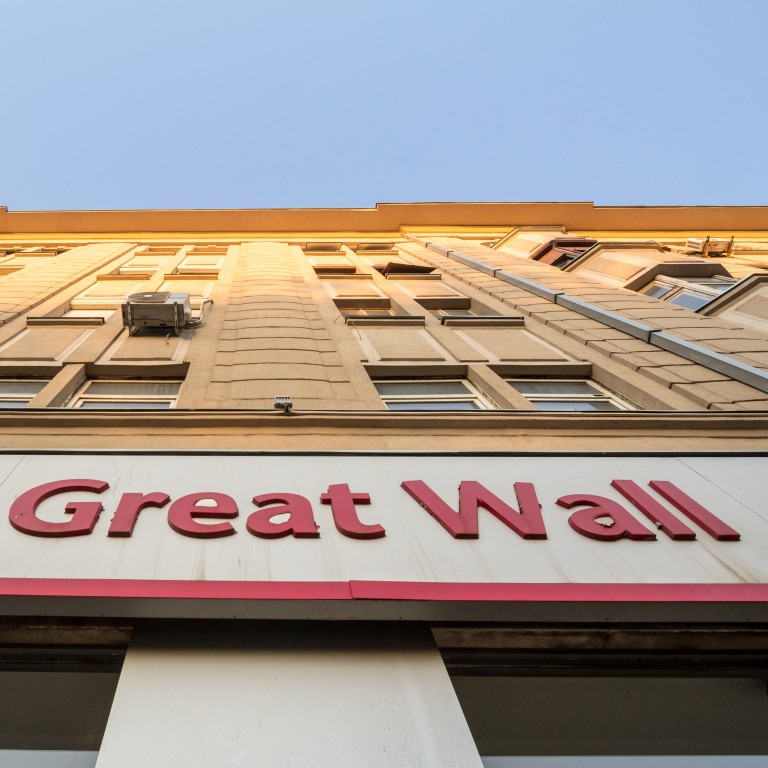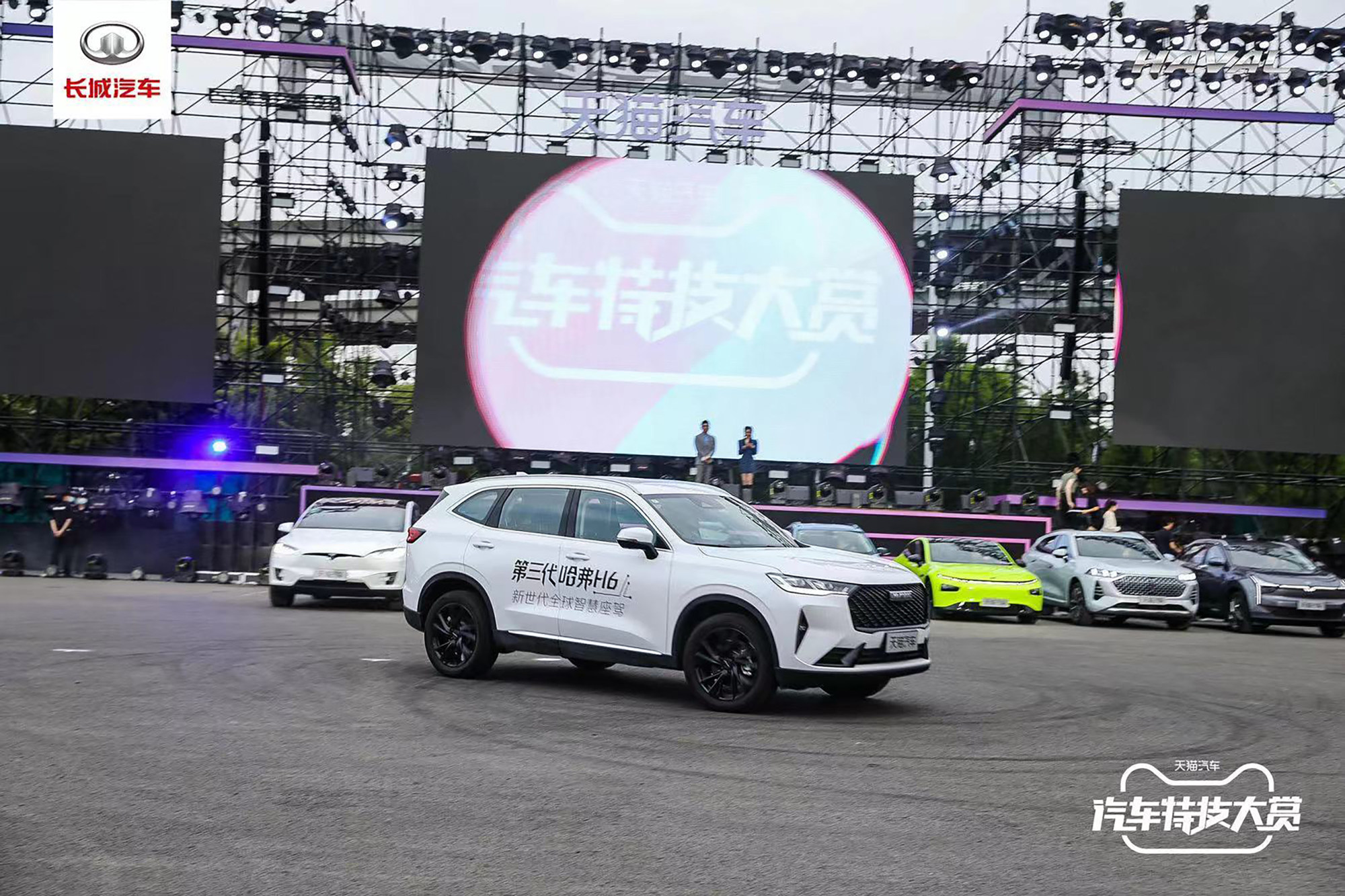
Great Wall Motors starts selling Haval H6 hybrid electric vehicles in Thailand in overseas expansion drive
- China’s largest maker of SUVs is launching production at its Thai factory, which is capable of churning out 80,000 cars a year initially
- Great Wall’s Rayong plant, the group’s second investment after Russia in 2019, will also produce battery powered electric vehicles and conventional cars
The carmaker is taking orders from customers for its H6 hybrid electric vehicle from Tuesday, it said in a statement. This came after the carmaker put its 658,800 square metre (7.1 million sq ft) plant at Rayong, about 145km southeast of capital Bangkok, into operation.
The factory, which will focus on new-energy vehicle production, is capable of churning out 80,000 vehicles annually for a start. About 60 per cent will be sold in Thailand, the biggest market in Southeast Asia, while 40 per cent will be exported to other unspecified markets.
“Great Wall’s new factory in Thailand will bolster Chinese carmakers’ confidence in expanding abroad,” said Davis Zhang, a senior executive at Suzhou Hazardtex, an energy-solution provider to automotive and other manufacturing companies. Chinese carmakers, among the earliest to emerge from the Covid-19 pandemic shutdown, “are set to strengthen their presence around the globe.”

The Haval H6 HEV is a five-seater mid-size SUV with a starting price of US$30,990 in Thailand, placing it in the same market segment as Toyota’s RAV4 and Mazda’s CX5.
Great Wall said the plant in Rayong, the group’s second outside China after its investment in Russia in 2019, will also produce battery powered electric vehicles and conventional internal combustion engine cars.
Wei Jianjun, founder and chairman of Great Wall, said the Thai assembly line was “a milestone in the group’s advancement towards global smart production of vehicles.” Advanced intelligent equipment, including robots and computer-controlled systems, have been installed in the workshops to improve efficiency, he added.
Beijing hopes its domestic car firms can grasp core technologies in the new-energy vehicle sector with its top producers securing a foothold in the global arena.
Both start-ups are exporting their cars to Norway, a country where pure electric cars make up more than half of overall sales.


